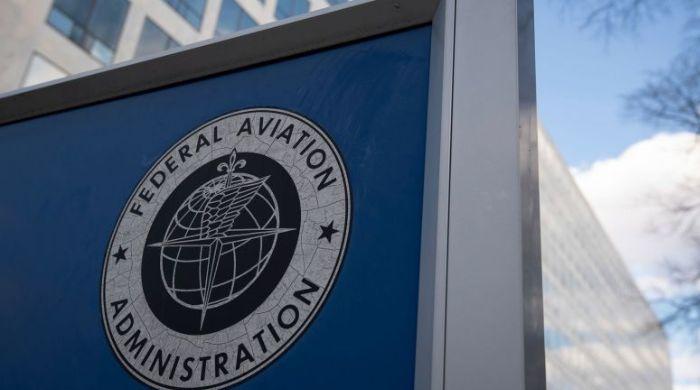The US Federal Aviation Administration (FAA) has introduced a 10% reduction in flights to 40 of the nation’s busiest airports, starting Friday, November 7.
The decision was announced by Transport Minister Sean Duffy as a necessary step to maintain safety as air traffic controllers are forced to work without their pay, causing widespread chaos and staff shortages causing major flight delays.
FAA Administrator Bryan Bedford stated at a press conference: “We are seeing pressure build in a way that we do not feel will allow us to continue to tell the public that we operate the safest airline in the world.”
The cuts will be implemented in phases, starting with a 4% reduction on Friday 7 November, then 5% on Saturday 8 November and 6% on Sunday 9 November.
A full 10% cut is expected to be imposed next week. The move aims to minimize pressure on air traffic controllers at “high volume” airports as workers will be missing their second paycheck since the shutdown began 36 days ago.
List of affected airports
The FAA has not issued a complete list of airports, but as reported by CBS Newsthe following airports are more likely to be affected:
- Anchorage International (ANC)
- Hartsfield-Jackson Atlanta International (ATL)
- Boston Logan International (BOS)
- Baltimore/Washington International (BWI)
- Charlotte Douglas International (CLT)
- Cincinnati/Northern Kentucky International (CVG)
- Dallas Love (DAL)
- Ronald Reagan Washington National (DCA)
- Denver International (DEN)
- Dallas/Fort Worth International (DFW)
- Detroit Metropolitan Wayne County (DTW)
- Newark Liberty International (EWR)
- Fort Lauderdale/Hollywood International (FLL)
- Honolulu International (HNL)
- Houston Hobby (HOU)
- Washington Dulles International (IAD)
- George Bush Houston Intercontinental (IAH)
- Indianapolis International (IND)
- New York John F Kennedy International (JFK)
- Las Vegas Harry Reid International (LAS)
- Los Angeles International (LAX)
- New York LaGuardia (LGA)
- Orlando International (MCO)
- Chicago Midway (MDW)
- Memphis International (MEM)
- Miami International (MIA)
- Minneapolis/St Paul International (MSP)
- Oakland International (OAK)
- Ontario International (ONT)
- Chicago O`Hare International (ORD)
- Portland International (PDX)
- Philadelphia International (PHL)
- Phoenix Sky Harbor International (PHX)
- San Diego International (SAN)
- Louisville International (SDF)
- Seattle/Tacoma International (SEA)
- San Francisco International (SFO)
- Salt Lake City International (SLC)
- Teterboro (TEB)
- Tampa International (TPA)
Airport cringes, offers refund
The announcement prompted airlines to try to adjust their schedules within 36 hours. As the announcement circulated, the airlines announced their strategies to combat the ongoing situation.
United Airlines CEO Scott Kirby stated that the carrier will spare international long-haul flights and will instead focus on regional flying and non-hub domestic routes.
“United’s international long-haul flights and our hub-to-hub flight will not be affected by this schedule reduction direction from the FAA. It is important to preserve the integrity of our network, give affected customers as many opportunities as possible to resume their travel and maintain our crew pairing systems,” he said in a memo.
“Instead, we will focus our schedule reductions on regional and domestic flights that do not travel between our hubs,” he added.
The airline also offered refunds to its customers, stating “any customer traveling during this period is entitled to a refund if they do not wish to fly – even if their flight is not affected. This includes non-refundable tickets and those customers with basic economy tickets.”
American Airlines stated that it expects the “vast majority” of its customers’ travel to be unaffected.
Southwest Airlines said it was evaluating the impact and would communicate directly with customers, while urging Congress to “immediately resolve its impasse.”



